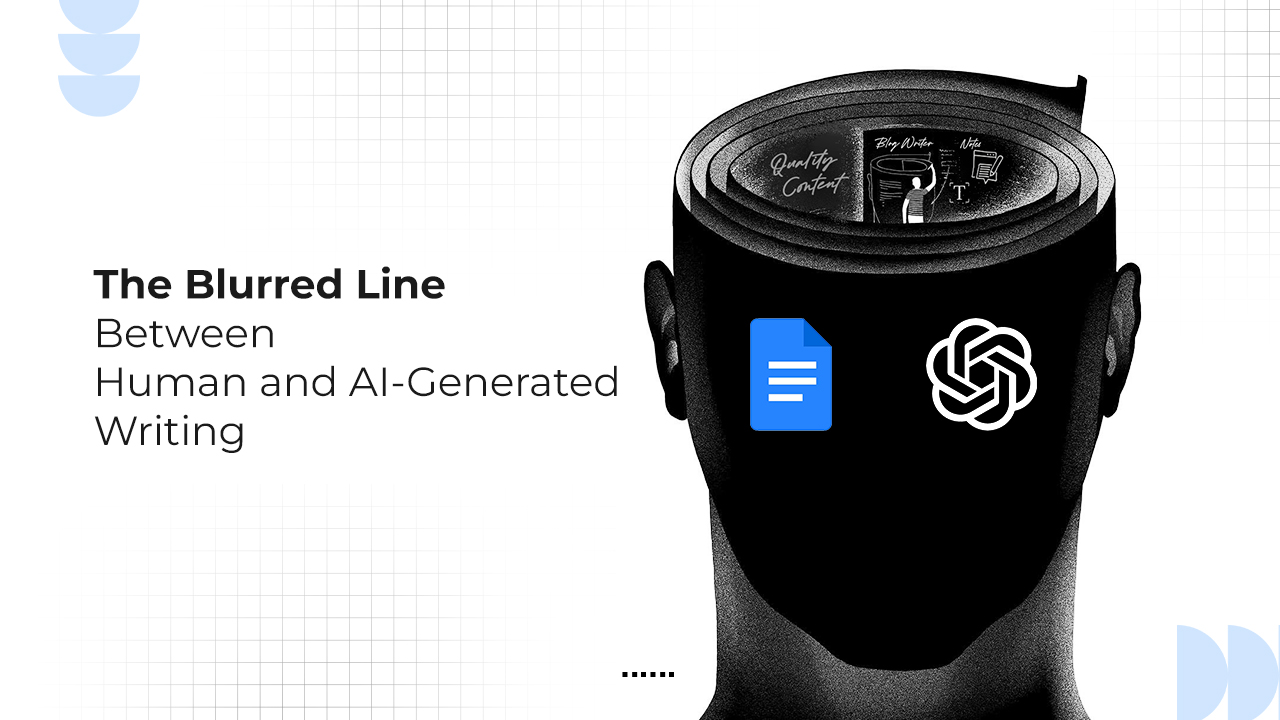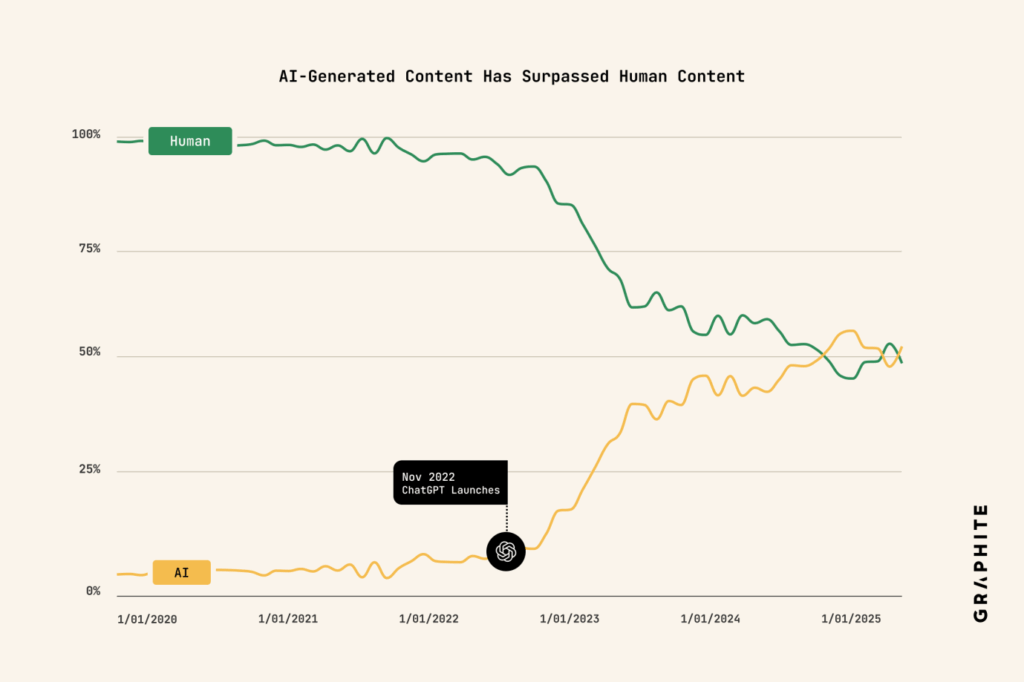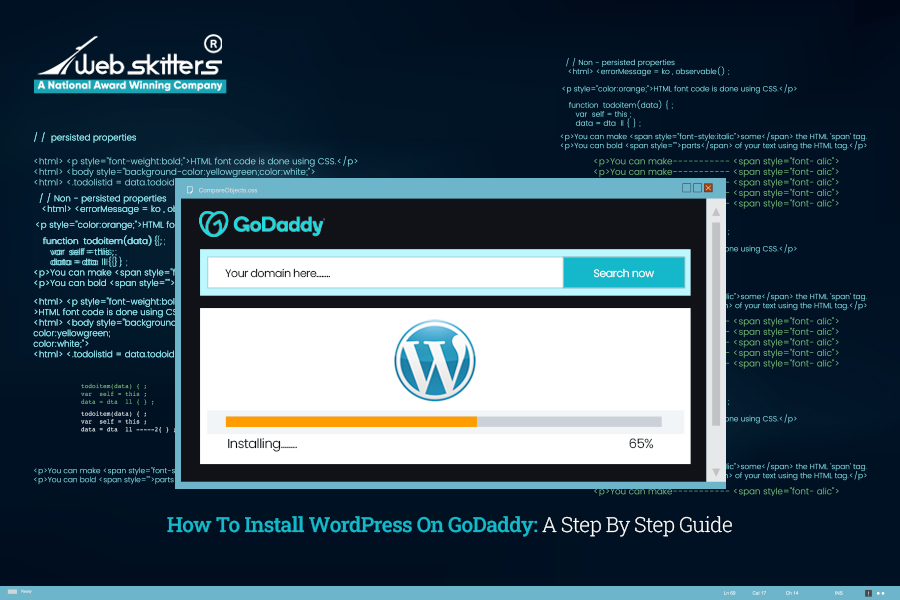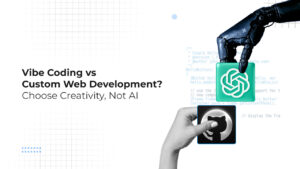When you read something online, can you immediately tell whether it was written by a human or is AI-generated?
These days it can get tricky to distinguish between the two.
What’s perhaps heartening for publishers is that, even now, human creators produce about 86% of SERP results.
But, when it comes to who’s faster at churning out content, AI would obviously win, hands down.
How did we get here?
Between 2010 and 2021, researchers and companies limited AI to select fields such as data analysis, robotics, and recommendation engines. Of course, the general public barely interacted with it other than as technology like voice assistants and automated suggestions.
Developers launched Generative AI in 2022, and it dramatically revolutionised the internet landscape.
It has pretty much reshaped how content and communication operate online.
AI models like ChatGPT, Claude, Gemini, and Perplexity are currently dominating the online scene.
Right now, AI-generated content dominates because creators and AI systems produce it at an extremely fast pace.
The question is, what do we truly value in online content, speed or substance?
This is why the debate still continues in 2025, because, after all, authenticity and trust are what people expect.
What are the Primary Differences between AI and Human Content?
As per a recent report from Graphite, there was a steep growth in AI-generated articles just after the launch of ChatGPT in November 2022. But, if we consider data of the last 12 months, it shows that the numbers have stabilized, as publishers realized AI articles do not perform too well when it comes to search results.
But what is the difference between the two?
Human-created content
When telling a story, writers tend to draw inspiration from personal experiences, the culture they’ve grown up in, and of course, their emotions.
It’s this depth and nuance of human storytelling that often brings those unexpected turns, humor, or pain.
This is why human strategists carry out content marketing to ensure an approach that resonates with their human target audience.
But, humans have limitations. Whether you’d like to admit it or not, personal biases can creep into the output. The end result could be inconsistent or of a degraded quality due to human fatigue or time pressure.
AI-generated content
As you may have noticed yourself, AI-generated content leans heavily on data and patterns.
AI algorithms can produce consistent phrasing across many content pieces and also optimize the output in accordance with SEO best practices. What’s more, they reduce the delays that occur during human creation.
Yet, AI generates content that lacks the lived experience along with subtle cultural context and the unexpected instances of surprise that only human beings can create.
Where the overlap begins
The interesting part is that now humans often step in after the machine’s draft. Editors work on refining the tone of a piece of content and then tweaking the voice and adding relevant context. If you think about it, this hybrid blend blurs lines. So, humans find it hard to gauge what counts as ‘human’ and what is ‘machine-generated.’
What Really Makes Content “Good”?
Be it human or AI-generated, what matters in the end is whether the audience finds it valuable or not.
Sure, it’s easy to judge from a creativity standpoint, but when weighing AI against human content, it has a lot to do with the performance of either type on Google search rankings.
The graph below highlights key areas where human content dominates AI content and vice versa.
While judging content is quite a subjective topic, there are certain parameters that the average online audience is known to use when deciding if content is ‘good’ and useful.
1. Originality and Voice
Can algorithms mimic human tone without replicating someone else’s words?
It’s easy to see how AI might try and mimic the structure and style of human writing. But the question is whether it can truly produce a unique voice and originality.
One study found AI-generated text sometimes outperformed humans on linguistic metrics.
But does mimicry equal meaning?
2. Relevance and Intent
The relevance of a piece of content depends on “why now” or “why this audience”.
But, do AI models truly understand “why” a piece of content matters?
The fact is that it is often up to humans to introduce that purpose. AI can detect patterns but can it always grasp intent beyond keywords?
3. Depth of Understanding
When you really think about it, context and emotion are tied to the lived experience. Human writers bring this in naturally.
On the other hand, many AI articles show signs of limited depth.
Most of the GenAI engines produce sleek and polished phrases in their output which may sound superficial and shallow to the reader.
4. Accuracy and Trustworthiness
Accuracy will always be in demand when it comes to information.
In fact, one issue that most of the AI naysayers mention is that AI-generated content has the potential to make factual errors or present information with misleading phrasing.
This tends to happen because AI models do not have what we call ‘real-world judgment’.
Basically, they lack common sense, ethics, emotions and so forth and you can clearly see that in their content.
5. Audience Connection
Does your content create an emotional connection with your audience?
If you’re wondering how some well-known companies drive brand loyalty, it is quite simple, really.
They focus on bringing out empathy, humor, and cultural sensitivity with their content.
For at least some audiences, human-written pieces resonate more because they sense that the writer understands and relates to their context.
6. Ethical Considerations
Are you aware that Encyclopedia Britannica brought a lawsuit against Perplexity for alleged unlawful copying of their material?
Can you hold AI accountable for the content you publish?
If you generate the content on your website with AI, of course, you should ask, who owns it? Who is responsible if it contains misleading information? Should you disclose its origin?
These are not merely theoretical questions. They impact brands and audiences.
7. The Reader’s Perception
Does it even matter who wrote the content if it actually delivers value?
Recently, MIT Sloan conducted a study that found participants actually preferred AI-generated content when they did not know the source.
So, when all is said and done, if the content feels relatable and performs well, does it matter who wrote it (or what wrote it)?
The Human Role in an AI-Dominated Workflow
The fact that we are moving toward an AI-led work environment does not dismiss the role of humans within this system. Businesses would need to strike a balance between the two.
Humans as editors, curators, and ethical gatekeepers
Writing used to be seen as a solely human domain.
Right now, human creators are taking on curator roles where they work on refining AI drafts and introducing the brand voice. They also have the vital task of screening the AI output for ethical issues and bias.
So while AI is assigned the task of creating a first draft, the fine-tuning and final assessment are best left to their human counterparts.
The shift from writing to strategic thinking
When the entire aspect of drafting content is taken off their plates, the human writers can work on the important aspect of strategy.
At this point, “strategy”, i.e., what to write, why and for whom, has become the premium skill required by publishers.
But, in case you need help drafting reports, creating custom marketing emails or writing scores of product descriptions, you can let generative AI do the heavy lifting.
Leaving aside the raw production for the AI to handle, human writers spend their time drawing out insights and piloting the narrative.
When human judgement still outperforms algorithms
As can be expected, there are certain areas where machines will struggle.
Till now (but this could change), only human beings are capable of writing with a nuanced tone and a distinctly human way of telling stories.
Can you really expect AI to sense the context in which something is being written? No, right?
An NP Digital study of 744 online articles has revealed that those with human authors get 5.44 times more traffic than AI-generated articles.
Has Creativity Left the Chat?
Do you think that creativity is being replaced these days, or do you feel it’s being redefined?
If we’re talking about that authentic creative force that guides the hand of a human author, it’s safe to say that AI will not be able to fully replace it.
But, if writers are left free to focus solely on strategy, insight and imagination and machines are burdened with the bulk tasks. What does “creative writing” become?
It would result in a hybrid human-AI collaboration to ensure a level of creative writing that includes the human touch. This is already being leveraged by countless writers around the world.
The AI Perspective
What AI lacks in originality, it more than makes up for in efficiency and speed. Suppose you head a large online fashion store, the sheer volume of product descriptions that you’d need is enough to make a human writer’s head reel with panic.
AI can cut content creation time by 30% to 50%.
Let’s see what AI actually brings to the table.
Speed and scalability for large-scale content needs
If you need to manage hundreds of blogs, social posts, or product write-ups, AI would definitely be a lifesaver.
This kind of scale is almost impossible for a human team to match. You would just have to feed in your specific needs, and within minutes, you will get your first draft.
Of course, these would need to be polished by a human content specialist.
Predictive insights and data-backed topic selection
In case you did not know, AI tools do not merely write. They think in numbers and data. They can tell you which topics are trending online.
It can also let you know which keywords people are actually typing into Google, and what’s likely to get clicks.
Be honest, how often do you post something and wonder if anyone will read it? AI gives you real data to work with.
Reducing human bias through neutral language models
Getting tired or moody is not something you would associate with AI, right?
Unlike human writers, your AI tool will not write better on some days and worse on others. That kind of consistency is valuable.
To some extent, it even cuts down on human bias. But make no mistake about it, AI is designed to mirror the data it has been trained on.
If that data’s biased, the content will be too. So, it’s not completely neutral, but it tries.
Dependence risks and loss of authenticity
Now, what happens when everyone starts using the same tools? Everything starts sounding… familiar.
You have probably read a few blogs recently that felt a little too polished, almost robotic. That’s what happens when speed overtakes personality.
The risk is not just bad writing, it’s losing the human warmth that readers subconsciously look for. Whether you like it or not, that authenticity still matters.
Finding the Middle Ground
When human insight is added to machine speed, you get something neither could do alone. A hybrid model where AI drafts the content, humans set out the strategy, and then proceed to refine the AI output.
What is important is to train humans not only in writing but also in working hand in hand with AI. This could include everything from learning AI prompt design, ethical oversight, and contextual editing. No one is saying the tool will replace the human. It just requires smarter humans.
When you really think about it, the future generations might not care who wrote the piece but how well it performs and resonates. For practical purposes, audience connection, trust, and value may trump authorship origin. So, will authorship matter in the truest sense of the word?
Frequently Asked Questions
1. Is it really possible to tell if content is AI-written or human-written?
Not always. Some AI-generated content looks almost identical to human work. What gives it away is the tone, as it might sound flat, overly formal, or lack real emotion.
2. What percentage of online content is still written by humans?
As of now, about 86% of Google’s top results come from human-created content. AI is growing fast, but human writing still dominates when it comes to search performance.
3. Why did AI-generated content become so common after 2022?
Because that’s when generative AI tools like ChatGPT and others became available to everyone. Before that, people mostly used AI in tech and data-heavy fields, not in everyday content creation.
4. Is AI writing better than human writing?
While AI has certain undeniable strengths, it is not inherently ‘better’ than human writing. People favour AI because it can cut writing time by 30% to 50%, depending on the task. It’s great for large-scale projects like eCommerce descriptions or SEO blogs. But speed doesn’t always equal quality.
5. Should readers care whether a piece is written by AI or a person?
That depends on what you value. If accuracy, trust, and emotional tone matter to you, human writing still wins. But if speed and data-backed consistency matter more, AI-written pieces can do the job just fine.


 November 19, 2025
November 19, 2025 












